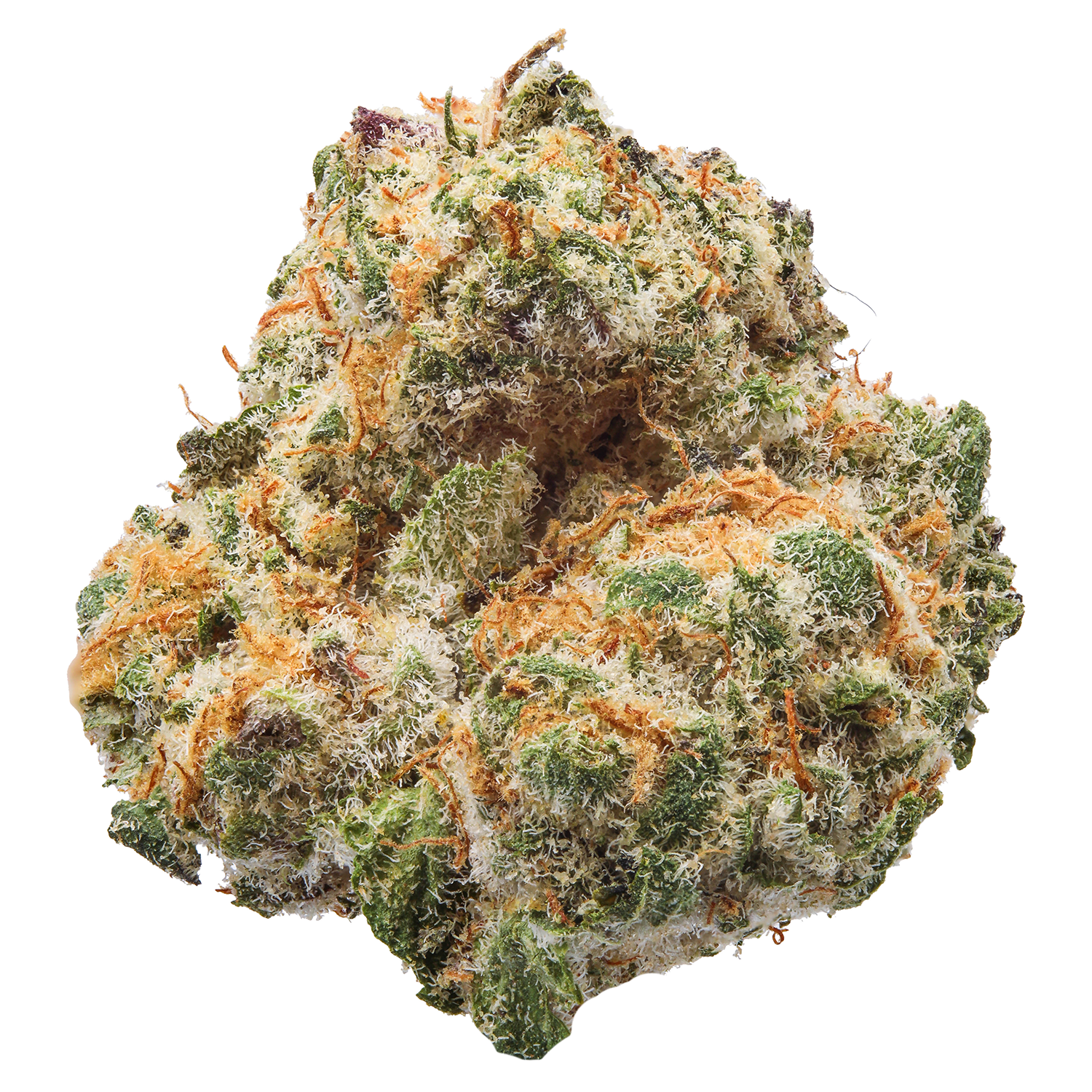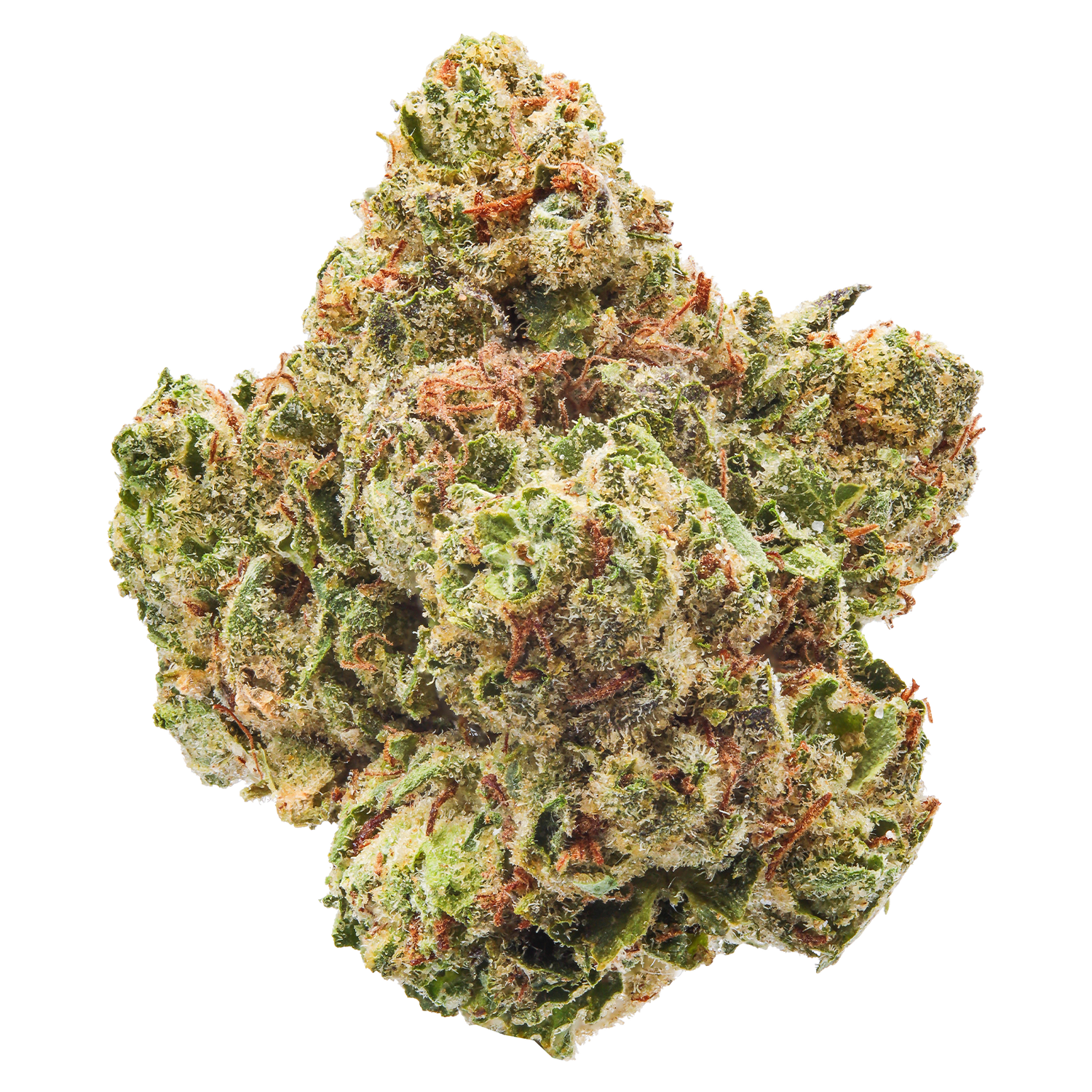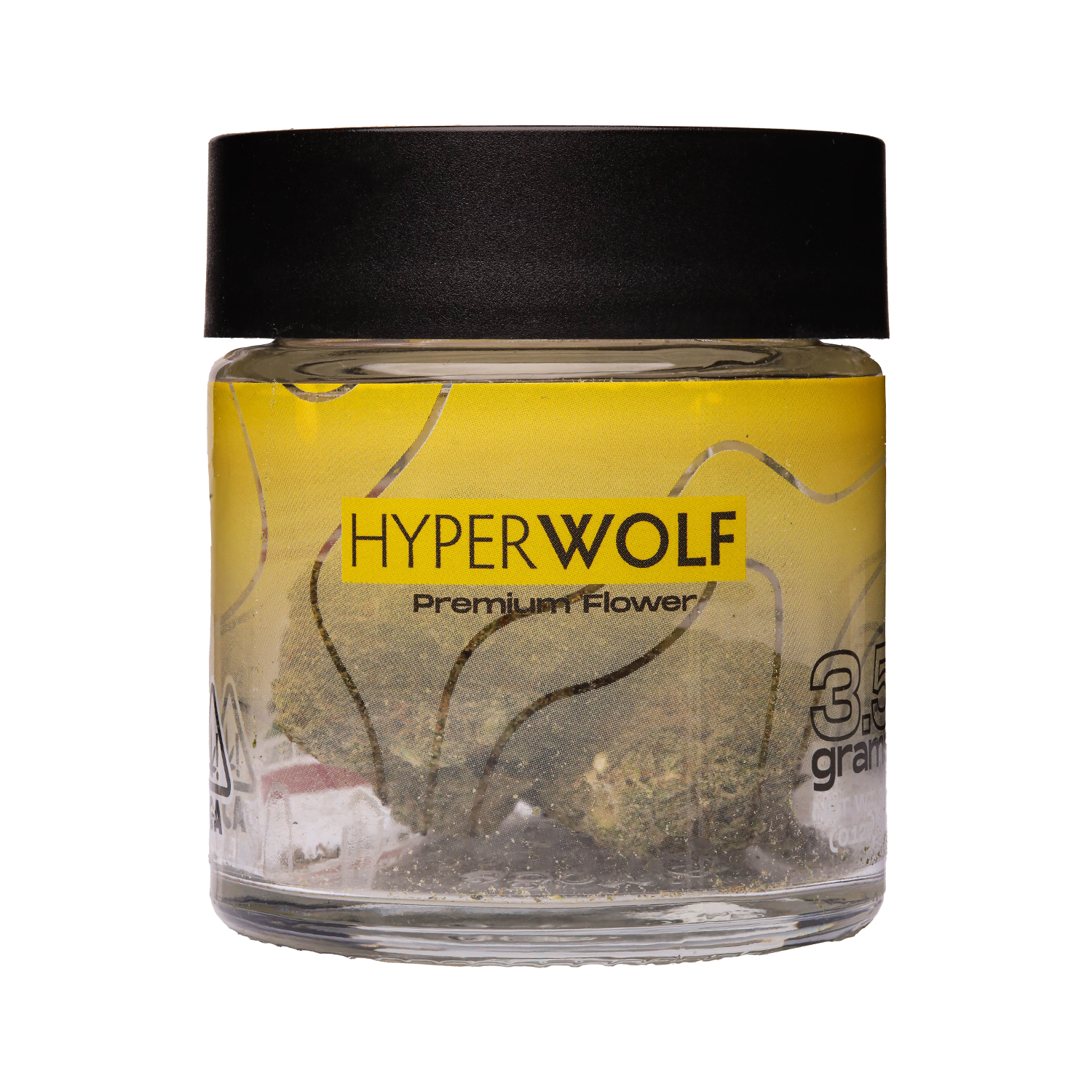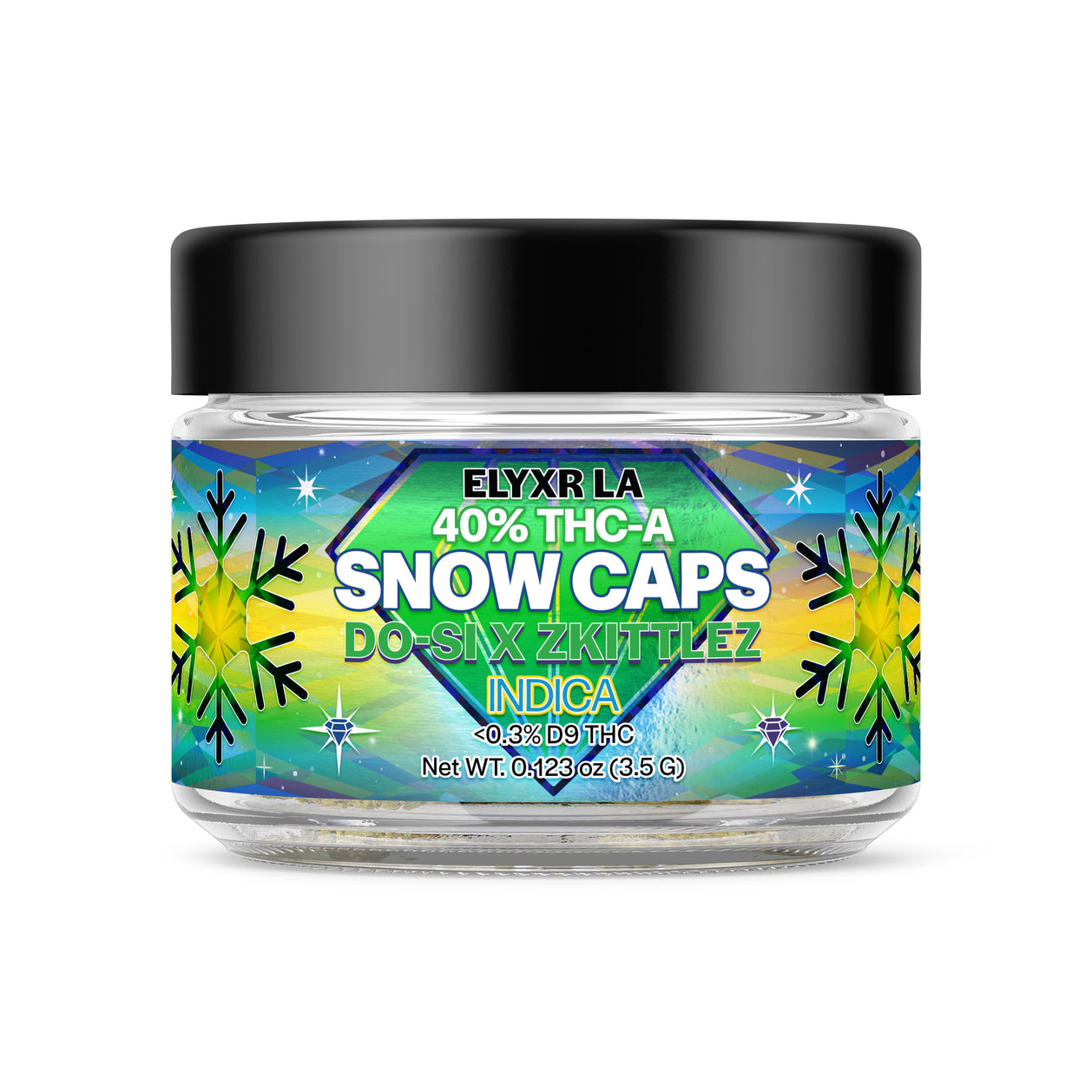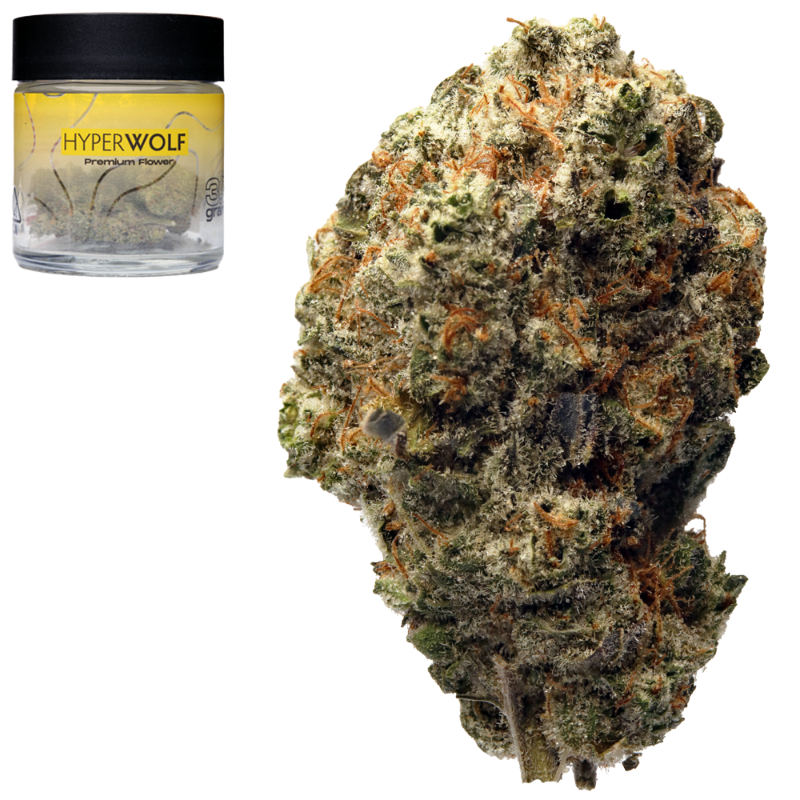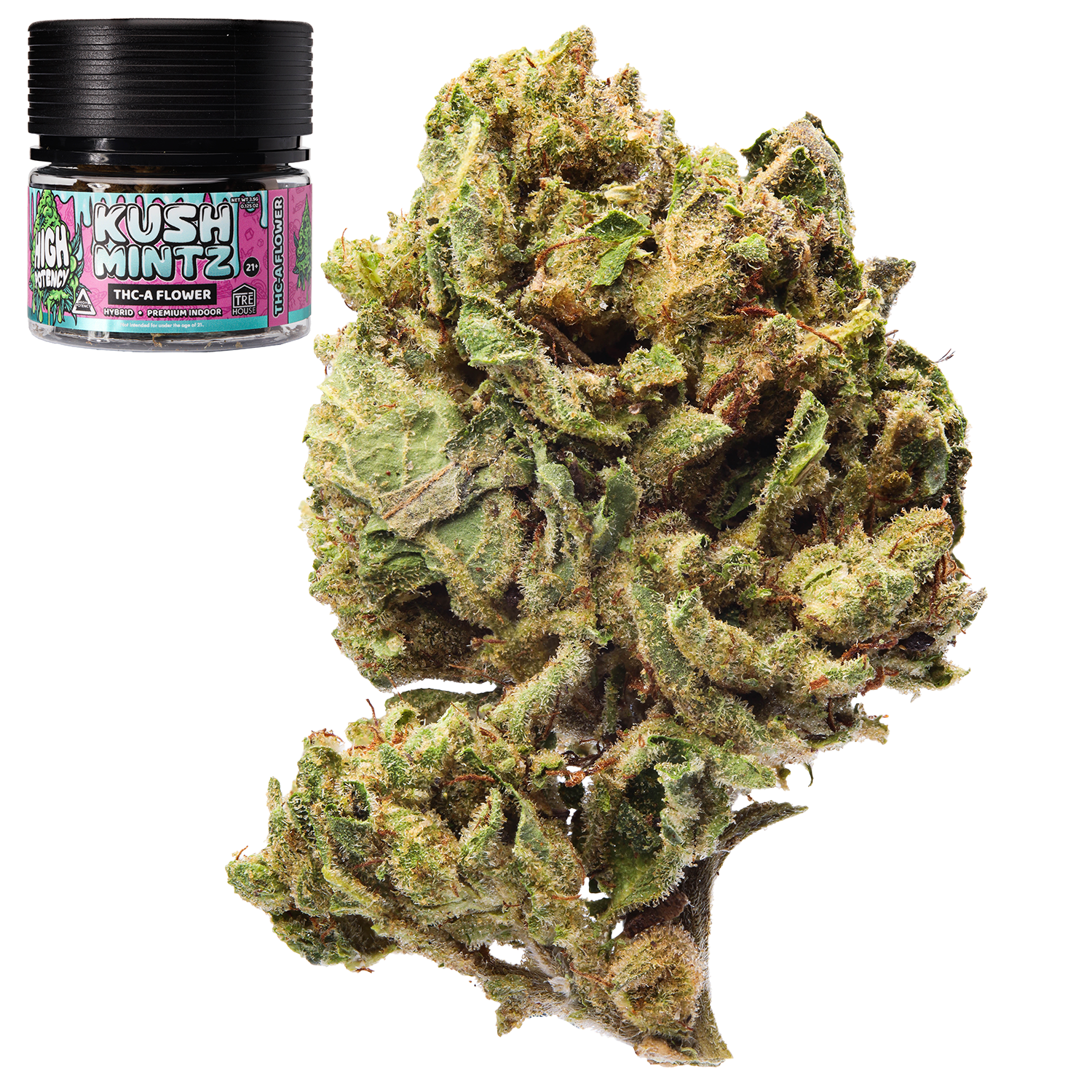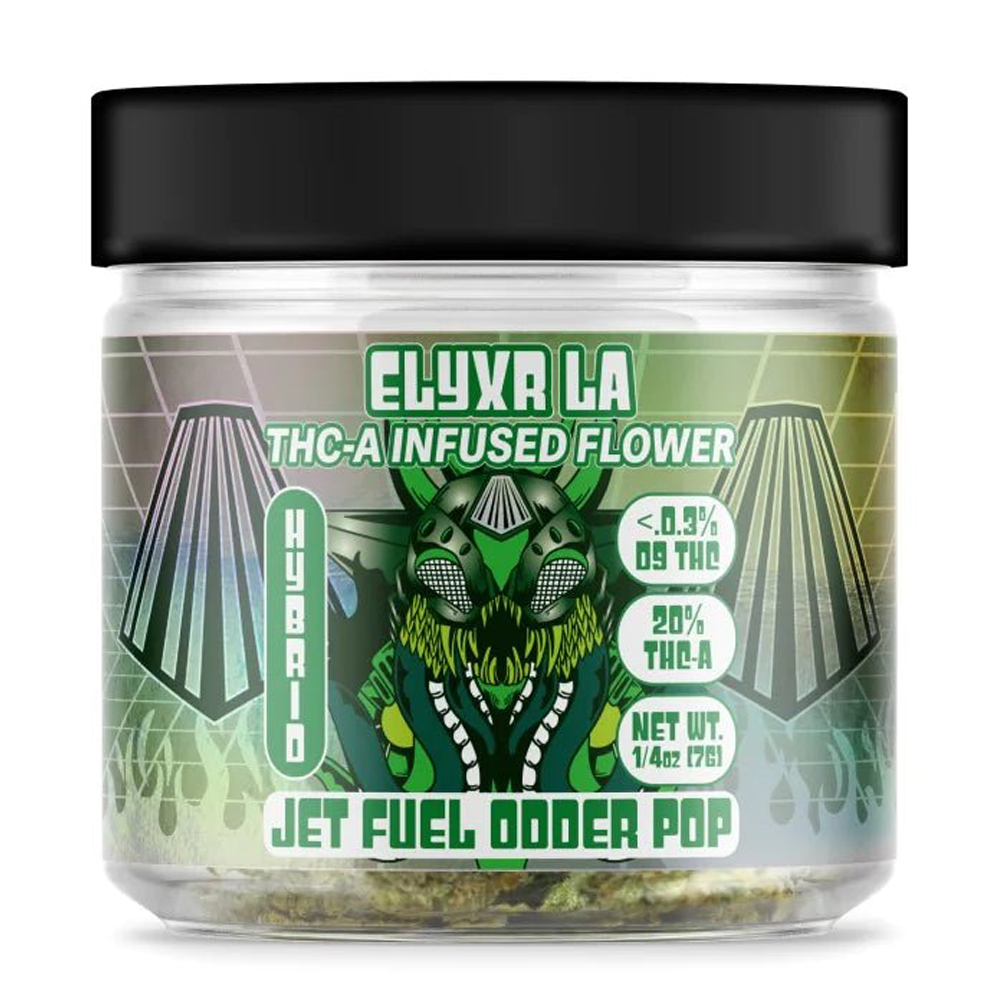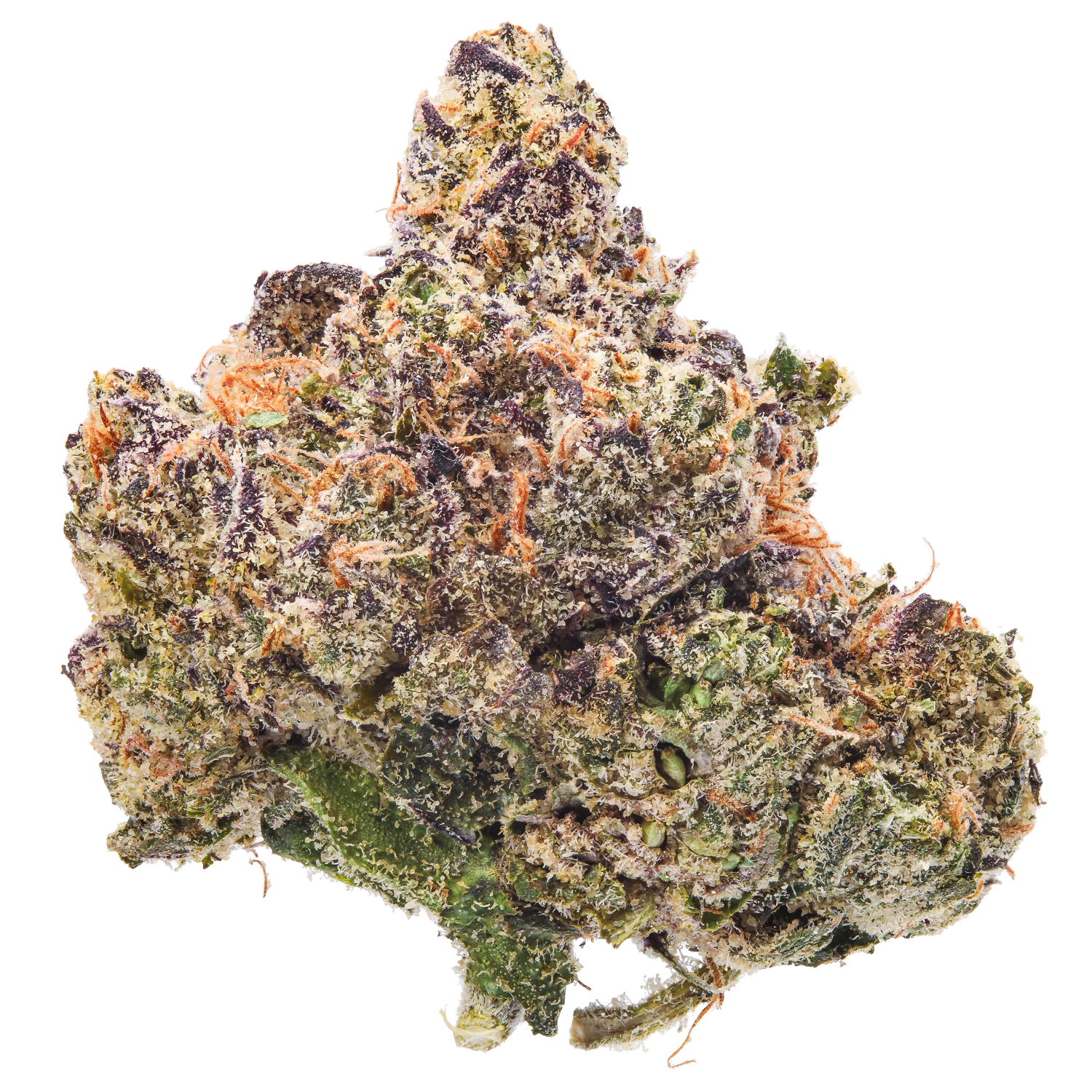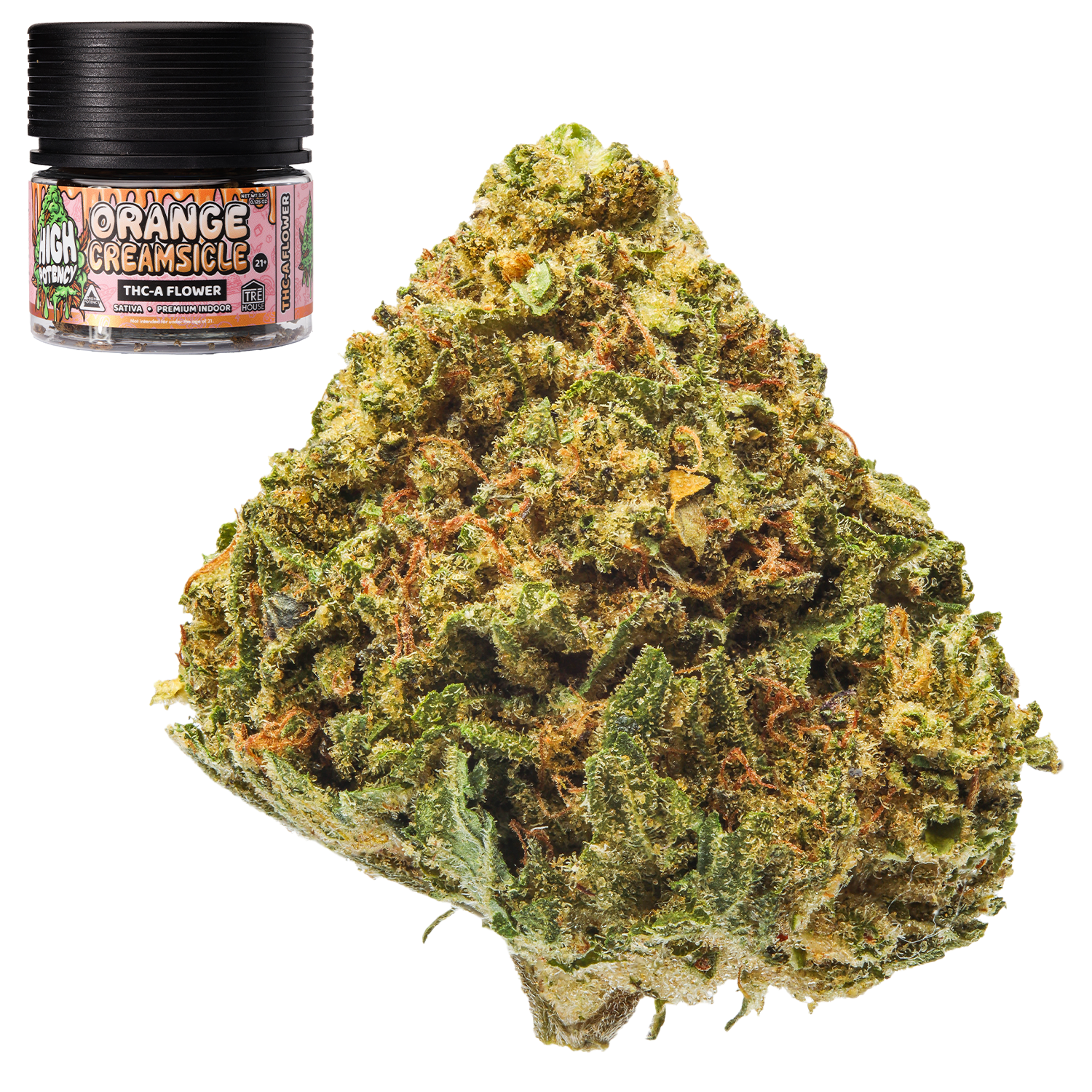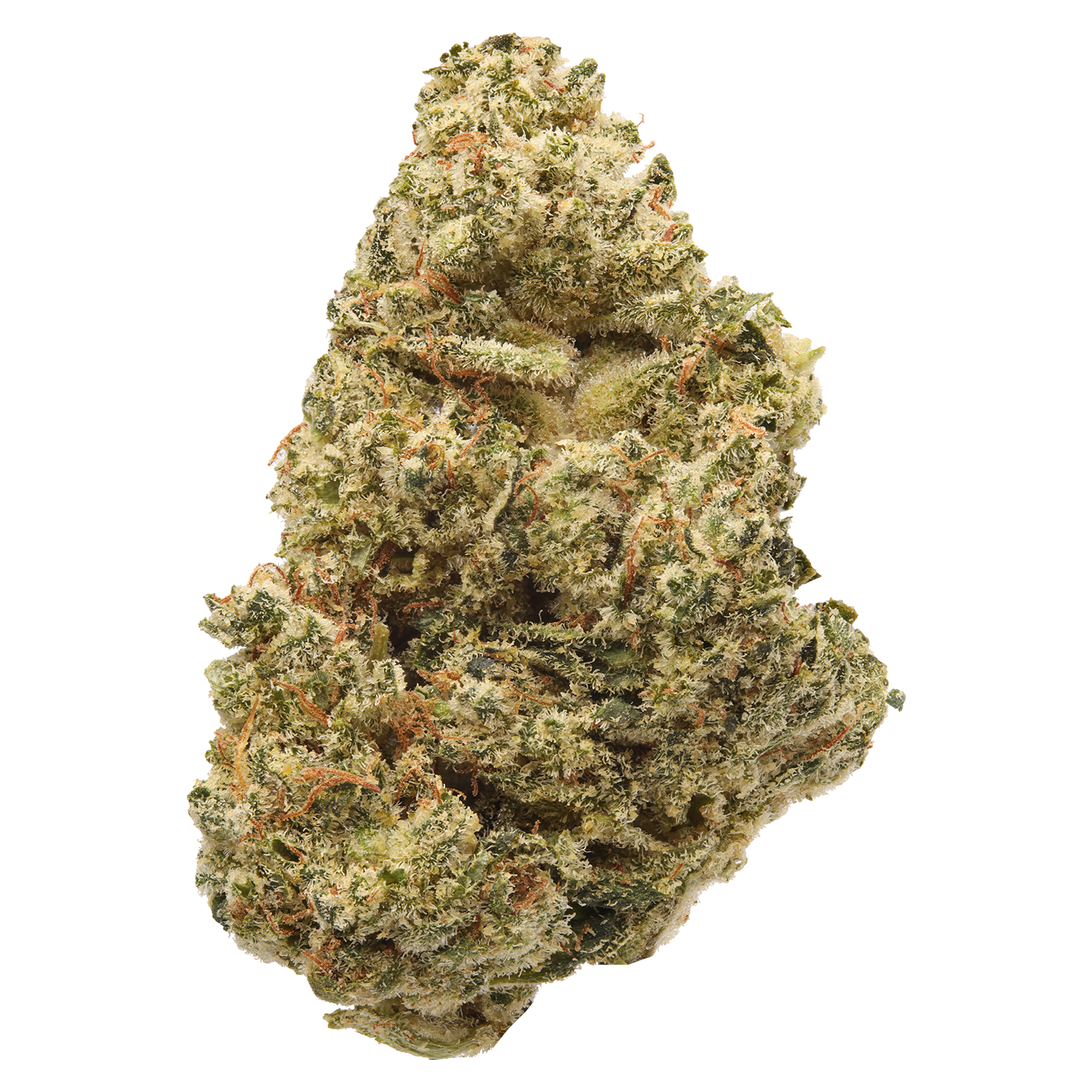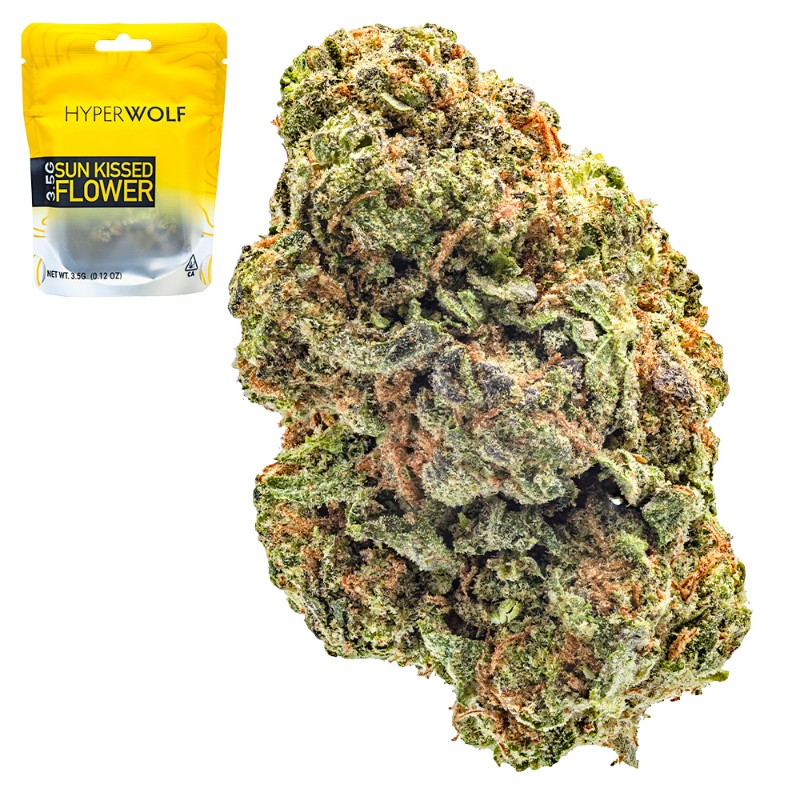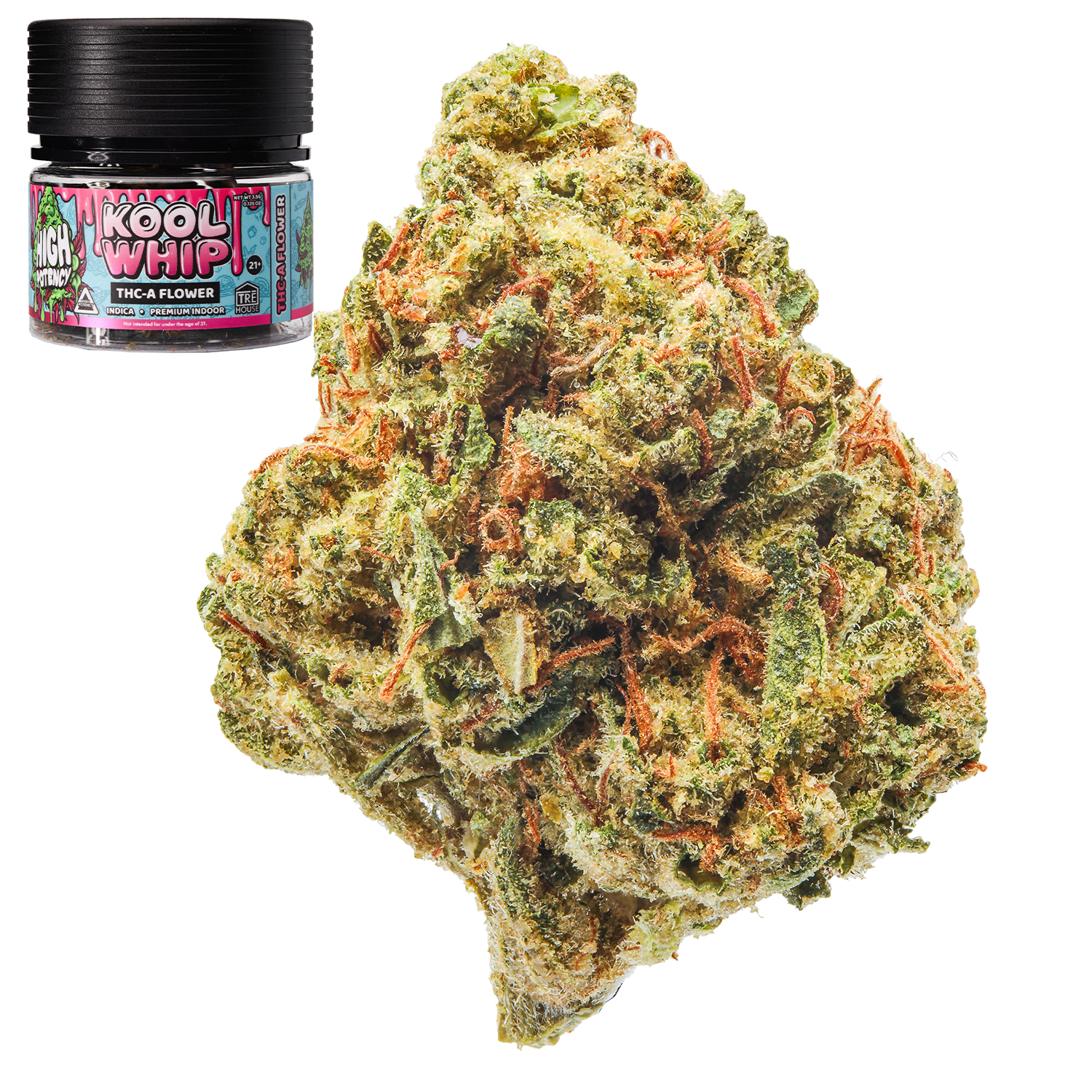The world of cannabis is evolving rapidly, and with that comes a surge of new compounds and products that promise unique benefits. One of the most recent trends is the increasing popularity of THCa flower. But what is the BEST THCa flower?
Whether you’re new to cannabis or a seasoned consumer, you’ve probably heard of THCa and its potential benefits. But what exactly is THCa, and how does it differ from the cannabis products you’re used to?
In this comprehensive guide, we’ll dive deep into the world of THCa flower, exploring what it is, how it works, and how to find the best strains for your needs. From the therapeutic benefits to the differences between THCa and THC, we’ve got you covered.
Introduction: Exploring THCa Flower
Cannabis has long been associated with THC, the compound responsible for the iconic “high” that many users seek. But in recent years, THCa, or tetrahydrocannabinolic acid, has gained significant attention.
While THC is the psychoactive compound in cannabis, THCa is its non-psychoactive precursor, only becoming active when heated through a process called decarboxylation. This makes THCa flower an interesting choice for those who want the therapeutic benefits of cannabis without the intense high associated with THC.
But why is THCa flower getting so much buzz? The simple answer: it’s versatile. It provides medicinal benefits, especially in managing conditions like pain, inflammation, and anxiety, while being free from the mental fog that THC can bring. It’s also a great option for those seeking a more balanced cannabis experience without the heavy psychoactive effects. If you’re curious about whether THCa is right for you, keep reading.
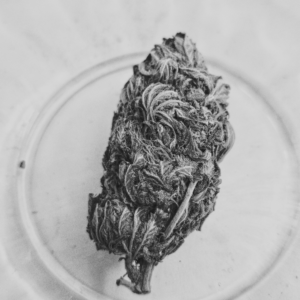
What is THCa? The Basics Explained
Before we jump into the best THCa flower strains, let’s start by defining THCa itself. Tetrahydrocannabinolic acid is a naturally occurring cannabinoid found in raw cannabis plants. It’s the precursor to THC, meaning that THCa becomes THC once it’s heated—whether by smoking, vaping, or cooking. This is known as decarboxylation, a chemical process that removes a carboxyl group from THCa, converting it into the psychoactive compound we all know as THC.
- THCa is non-psychoactive in its raw form, so you won’t experience the classic cannabis “high” when using it.
- THCa has therapeutic benefits—research suggests it may help with inflammation, pain, and nausea, among other conditions.
Essentially, THCa offers all the medicinal properties of cannabis without the mind-altering effects that come with THC, making it an attractive option for medicinal users and anyone looking for the health benefits of cannabis without getting “high.”
How Does THCa Work? Understanding the Chemistry
To understand how THCa works, it’s important to grasp how cannabinoids interact with the body. Cannabis contains over 100 different cannabinoids, and THCa interacts with the body’s endocannabinoid system (ECS) in unique ways. The ECS helps regulate a variety of physiological processes, including pain, mood, sleep, and immune system function.
Though THCa itself is non-psychoactive, it binds to the CB1 and CB2 receptors in the ECS. These receptors play a key role in modulating the effects of cannabinoids. In its raw form, THCa doesn’t produce a “high” because it doesn’t fully activate the CB1 receptors, which are primarily responsible for the psychoactive effects of THC. However, THCa does still have therapeutic properties.
- Anti-inflammatory: THCa has been shown to help reduce inflammation, which can be beneficial for conditions like arthritis.
- Neuroprotective: Some research suggests that THCa may have neuroprotective properties, helping to protect brain cells from damage.
- Antioxidant: THCa also acts as an antioxidant, which can help protect cells from oxidative stress.
When heated, THCa becomes THC, which is why it’s important to understand the difference between the two when selecting the right product for your needs.
The Benefits of THCa Flower: What You Need to Know
The potential benefits of THCa flower are numerous, especially for those looking for non-psychoactive options. Here are some of the main therapeutic benefits:
- Pain Relief: THCa is thought to have significant anti-inflammatory properties, making it beneficial for those suffering from chronic pain or conditions like arthritis.
- Anti-Nausea: THCa may also help reduce nausea and vomiting, making it a good option for individuals undergoing chemotherapy or those with digestive issues.
- Neuroprotective Properties: Research suggests THCa has neuroprotective benefits, which could help with neurodegenerative diseases like Alzheimer’s or Parkinson’s.
- Mood Enhancement: While it’s non-psychoactive, THCa may have a mild mood-enhancing effect due to its interaction with the ECS.
Because THCa is non-intoxicating in its raw form, it’s also a great option for people who want to enjoy cannabis for its health benefits without experiencing the high. It’s perfect for daytime use, allowing individuals to stay clear-headed while still reaping the medicinal benefits.
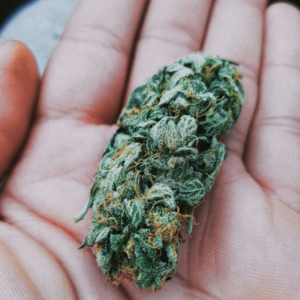
Key Differences Between THCa and THC Flower
While THCa and THC are closely related, they have very different effects. Here’s a breakdown of the key differences between THCa flower and traditional THC flower:
- Psychoactive Effects: THC is psychoactive, meaning it can alter your perception and give you a high. THCa, however, is non-psychoactive and doesn’t produce any intoxicating effects unless heated through smoking, vaping, or cooking — which you’re likely to do anyways.
- Usage: THCa is ideal for those seeking therapeutic benefits without the mental effects of THC. THC, on the other hand, is generally used for both medicinal and recreational purposes.
- Health Benefits: Both have therapeutic benefits, but THCa is particularly sought after for its anti-inflammatory and neuroprotective properties, while THC is more commonly used for pain relief and its euphoric effects.
If you’re someone who enjoys cannabis but wants to avoid getting “high,” THCa flower might be the perfect choice. It provides all the medicinal benefits of cannabis without the psychoactive effects.
What to Look for in the Best THCa Flower
When shopping for THCa flower, there are several factors to consider to ensure you’re getting the best quality. Here’s what to look for:
1. THCa Content
The potency of THCa is one of the most important factors when choosing a flower. Look for strains that specifically list their THCa content. The higher the THCa content, the more potent the effects. Some flowers can contain over 20% THCa!
2. Aroma and Flavor
The aroma and flavor of THCa flower can vary significantly. Like other cannabis products, terpenes play a major role in the scent and taste of THCa flower. Look for strains with terpenes that appeal to your senses—whether you prefer a citrusy, piney, or earthy aroma.
3. Appearance and Freshness
The best THCa flower should have vibrant color, a dense, well-formed structure, and a sticky, resinous texture. This is often a sign of freshness and high-quality, organic cultivation methods.
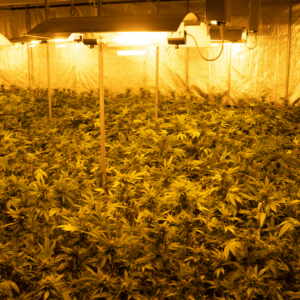
Top THCa Strains for Beginners
If you’re new to THCa, starting with a milder strain is a good idea. Here are a few beginner-friendly options that have a balanced THCa content and offer a more relaxed experience:
- ACDC: Known for its high THCa hemp flower content, ACDC is a popular strain that provides medicinal benefits without the high. It’s often used to treat pain, anxiety, and inflammation.
- Harlequin: A hybrid with a balanced profile, Harlequin offers moderate THCa levels and is well-suited for those seeking relief without intoxication.
These strains are typically low-psychoactive, making them an excellent starting point for those who want to experience the benefits of THCa without feeling overwhelmed.
The Best THCa Strains for Pain Relief
For those looking for pain relief, there are several THCa strains known for their anti-inflammatory properties and effectiveness in reducing discomfort:
- Cannatonic: This strain is known for its calming effects and its ability to relieve muscle tension and pain without causing a high.
- Harle-Tsu: With a high THCa content, Harle-Tsu is ideal for those seeking pain relief, especially for conditions like arthritis or chronic pain.
These strains offer relief while still allowing users to stay functional and clear-headed throughout the day.
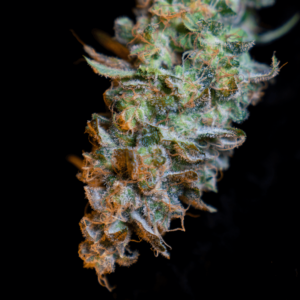
High-THCa Strains: Pushing the Limits of Potency
For more potent THCa effects, look for high-THCa strains. These varieties push the limits of what’s possible with THCa, providing powerful medicinal effects.
- Thunderstruck: Known for its high THCa content, Thunderstruck offers a potent therapeutic experience with a slightly higher likelihood of producing a “lifted” effect without a full high.
- Shishkaberry: This strain provides a robust THCa profile that is perfect for those looking for both pain relief and mild relaxation.
These high-THCa strains are great for those seeking extra strength but still want to avoid the typical psychoactive effects of THC.
THCa Flower for Anxiety: The Calm Before the Storm
For anxiety relief, THCa can be a wonderful alternative to THC, which can sometimes heighten anxiety in some individuals. These THCa strains are perfect for reducing stress and promoting calmness without triggering paranoia:
- Ringo’s Gift: This strain is popular for its calming effects, offering relief from anxiety and stress without causing a high.
- Sour Tsunami: Known for its mild effects and anti-anxiety properties, Sour Tsunami is a great choice for those seeking mental clarity with a soothing effect.
These strains provide a sense of relief and relaxation that’s ideal for managing anxiety, especially in social or high-pressure situations.
THCa Flower for Sleep: Relaxation Without the Intensity
Struggling with sleep issues? THCa flower may be the solution. While THC-heavy strains can sometimes cause restlessness, THCa offers a more relaxing and subtle effect that helps with sleep, minus the grogginess. Try these strains:
- ACDC: Great for those seeking a relaxing night’s sleep without feeling sedated or “high.”
- Harlequin: Offers just the right balance to help you unwind and find peace before bedtime.
How to Use THCa Flower: Methods of Consumption
You can consume THCa flower in a variety of ways. Here are the most popular methods:
- Smoking: Smoking THCa flower is like any other cannabis flower. This is one of the quickest ways to experience its benefits.
- Vaping: For a smoother experience, vaping THCa is an excellent choice.
- Cooking: Make THCa-infused edibles by heating the flower to decarboxylate it, releasing THC in the process.
- Tinctures and Concentrates: THCa flower can also be used to make tinctures, which provide a more controlled dosage.
Each method has its pros and cons, so choose the one that best fits your preferences and lifestyle.
Is THCa Flower Legal? Navigating the Legal Landscape
The legality of THCa flower can be tricky, as laws vary by state. On the federal level, THCa is legal as long as it’s derived from hemp and contains less than 0.3% THC.
However, certain states have stricter cannabis regulations, and THCa may be banned in some areas. Always check the laws of your state or destination before purchasing or traveling with THCa flower.
The Rise of THCa Flower in the Cannabis Market
With the increasing demand for non-psychoactive cannabis products, THCa flower has seen a rapid rise in popularity. It offers users a unique alternative to traditional cannabis, particularly for those who want to benefit from cannabis without experiencing its intoxicating effects.
As more dispensaries offer THCa-rich options, it’s expected that its market presence will continue to grow.
THCa Flower vs. CBD Flower: Which is Better?
While both CBD and THCa flower are non-psychoactive, they serve different purposes. CBD is commonly used for its relaxing and therapeutic effects, while THCa is more focused on anti-inflammatory benefits and neuroprotection.
- CBD is ideal for those seeking stress relief or muscle recovery without psychoactive effects.
- THCa is better for those who need relief from pain or inflammation but don’t want the effects of THC.
Choosing between the two depends on your specific needs and desired outcomes.
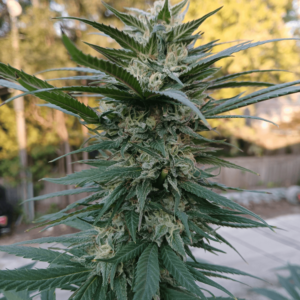
Growing THCa Flower: What You Need to Know
For those interested in growing their own THCa flower, there are a few key things to keep in mind. THCa-rich cannabis strains require careful attention to detail, from genetics to environmental factors like soil quality and lighting. To ensure high THCa content, select high-THCa seeds and focus on growing under optimal conditions.
Conclusion: Finding the Best THCa Flower for You
In conclusion, THCa flower offers a unique and therapeutic alternative to traditional cannabis, providing benefits like pain relief, anti-inflammation, and mood enhancement without the psychoactive effects of THC. Whether you’re looking to manage a specific condition or simply want to enjoy the benefits of cannabis without getting high, THCa flower may be just what you need.
As the market for THCa continues to grow, there’s never been a better time to explore this fascinating compound and discover the best THCa flower for your personal needs.
What is the Best THCa Flower: Frequently Asked Questions
1. What is the most potent THCA flower?
The potency of a THCA flower is generally determined by the THCA content, which can vary between strains. Some of the most potent THCA flowers have a THCA concentration of 20% or higher. Popular potent strains include:
- Thunderstruck: Known for its high THCA levels, this strain is favored by users who need powerful therapeutic effects without the high.
- Harle-Tsu: Another potent strain, Harle-Tsu offers significant THCA content with a mellow experience.
Always look for strains with high THCA percentages listed on the product’s lab report to find the most potent options.
2. How to pick the best THCA flower?
Choosing the best THCA flower depends on several factors, including your intended use and preferences. Here’s how you can pick the right one for you:
- Look at THCA content: Higher THCA levels generally mean more potent medicinal effects.
- Consider your desired effects: Some THCA strains may help with pain relief, while others are better for mood enhancement or stress relief.
- Check aroma and flavor: The terpene profile of the flower will influence its taste and smell. Select a strain that aligns with your preferences.
- Read reviews: User feedback on various strains can provide insight into their effectiveness and overall experience.
By considering these factors, you can choose a THCA flower that best suits your needs.
3. What is the best THCA to smoke?
When it comes to smoking THCA, strains with a high THCA content and appealing flavor profiles are the best to consider. Some popular THCA-rich strains include:
- ACDC: A high-THCA strain that offers significant medicinal benefits without the psychoactive effects, making it ideal for smoking without the high.
- Harlequin: Known for its mild effects and pain-relieving properties, Harlequin is a great choice for those who want therapeutic benefits without getting too high.
These strains are great for those looking to smoke THCA for its health benefits while staying clear-headed.
4. What is the best form of THCA?
The best form of THCA largely depends on how you prefer to consume cannabis. Here are a few options to consider:
- Raw THCA flower: Smoking or vaping raw THCA flower allows you to experience its benefits without decarboxylating it into THC. It’s great for those who want to avoid a high.
- THCA tinctures: A convenient and controlled way to consume THCA, tinctures can be taken sublingually for fast absorption and precise dosing.
- THCA concentrates: For those looking for potent effects, THCA concentrates are a powerful option, allowing for high doses of THCA in a smaller quantity.
- THCA edibles: While edibles require decarboxylation, making them less ideal for non-psychoactive effects, they’re still a great option for those seeking longer-lasting effects.
Each form has its own set of benefits, so consider your personal preferences and the desired outcome when choosing the best form for you.





